Advancing Care through Research Symposium - Perth
|
|
|
|
- |
|
|
Perth Children's Hospital |
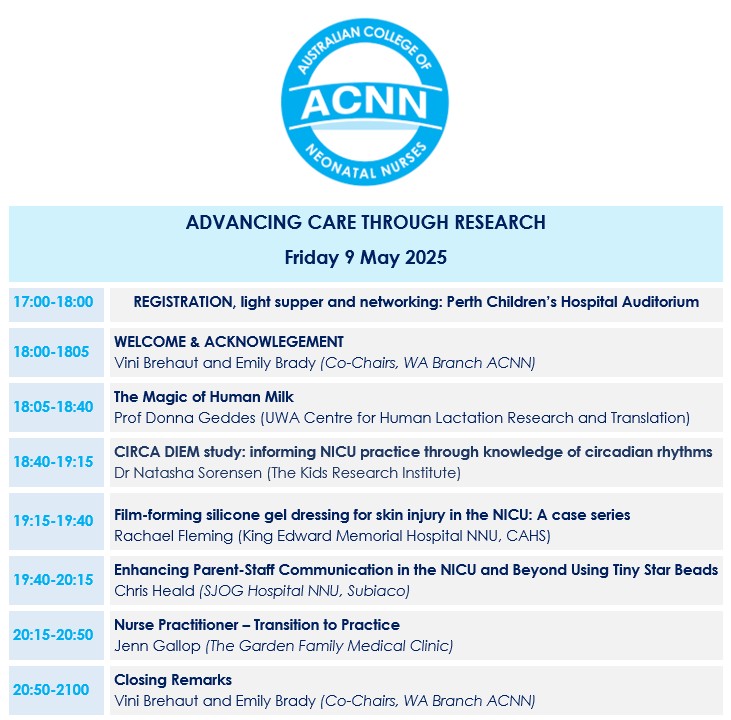
Presenters:
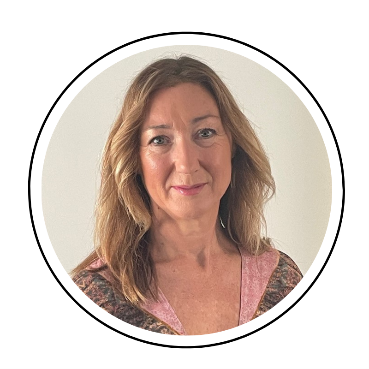
Professor Donna Geddes, The University of Western Australia
Donna is a lactation scientist and is renowned for her novel work with ultrasound imaging that has revolutionized the understanding of the
anatomy of the lactating breast, milk ejection and blood flow, as well as the infant’s sucking technique, suck-swallow-breathe
co-ordination, gastric emptying, and body composition of both the term and preterm infant. Her research has expanded to include the
synthesis and removal of milk from the breast, the composition of human milk and its impact on the growth and body composition of breastfed
infants, the investigation of human milk metabolites and the search for biomarkers that are indicative of breast dysfunction. As
Director of the Geddes Hartmann Human Lactation Group, Donna runs a holistic research program that endeavours to provide evidence to
underpin clinical practice, improve breast milk production and develop diagnostic tests for women experiencing breastfeeding
difficulties.
The Magic of Human Milk
Human milk providers so much more than nutrition, and has lasting effects on the infant’s health, growth and development. While the
importance of mother’s own milk and donor milk for very preterm infants is widely recognised, emerging evidence indicated there are multiple
immune factors, hormones, pre- and probiotics and a multitude of other bioactive factors in human milk that shape the health and subsequent
outcomes of vulnerable infants. Donna will take us on a tour of ‘human milk as medicine’ and share new developments in the optimisation of
human milk feeding in the neonatal nursery setting.
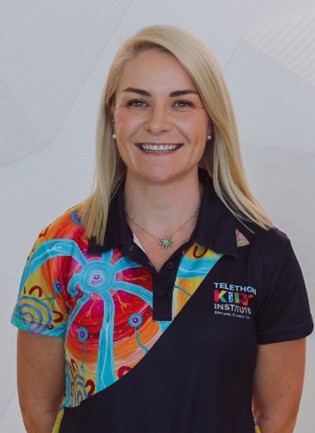
Dr Natasha Sorensen, The Kids Research Institute
Natasha is a researcher and clinical trial coordinator with a strong
academic foundation in circadian rhythm biology and physiology. She holds an Honours, Masters, and PhD in this field, with her work
focusing on the intricate connections between biological rhythms and maternal and neonatal health. Dr Sorensen currently serves as the
Clinical Trial Coordinator for The CIRCA DIEM Study, where she oversees research aimed at advancing our understanding of
circadian biology in the clinical context of the NICU environment.
The CIRCA DIEM Study – informing NICU practice through our knowledge of circadian rhythms
Fetal circadian rhythms are essential for development and depend on maternal rhythms until near-term. Preterm infants miss out of these
cues, often exposed to constant light and noise in neonatal units. Such disruption is linked to metabolic issues, neurodevelopmental
impairments, and longer hospital stays. Cognitive delays are a major concern in extremely preterm infants, increasing healthcare costs. This
study proposes a multicentre, prospective, randomised, open, blinded end-point (PROBE) trial to test whether diurnal cycling of light and
noise—via nighttime use of eye-masks and ear-plugs—improves cognitive outcomes in infants born before 32 weeks' gestation.
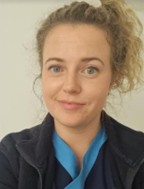
Rachael Fleming, Neonatal Nurse Researcher, King Edward
Memorial Hospital,
CAHS
Rachael is a Neonatal Nurse Researcher for the Child and Adolescent Health Service in King Edward Memorial Hospital. She has worked as a
Clinical Nurse in the KEMH NICU and with NETS WA. She began her career in Neonatology in the National Maternity Hospital, Ireland. Here she
completed a Higher Diploma in Midwifery and Postgraduate Diploma in Neonatal Intensive Care.Rachael has a keen interest in skin care
research. She is currently completing a Master of Philosophy at Curtin University. Her research topic is developing an intervention to
reduce Nasal CPAP pressure injuries for infants below 32 weeks gestation.
Film-forming silicone gel dressing for skin injury in the NICU: A case series.
Rachael completed an 18-month role in 2023 reviewing skin care practices within the KEMH NICU and identifying areas for further advancement.
A film-forming silicone gel dressing was introduced into the NICU of KEMH during this time. It has previously been used for the treatment of
paediatric and adult skin injuries. Rachael and Professor Tobias Strunk have written a case series to demonstrate the film-forming silicone
gels use in treating skin injuries among the preterm infant population.
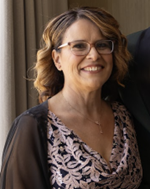
Christine Heald, A/Nurse Unit Manager, NNU SJOG Subiaco
Christine is an experienced Clinical Nurse and Educator who is currently Nurse Unit Manager at St John of God Subiaco. Christine is a
sessional academic, enjoying the challenges of educating the new generation of nurses. Recently, Christine was appointed to the PSANZ
education working group for neonatal resuscitation and stabilization. Christine has over two decades of experience in neonatal nursing and
is currently completing a Master of Nursing (Neonatal Intensive Care and Special Care Nursing) and a Master of Counselling, complimenting
her skills in neonatal care and family support. Her special interests include neonatal nonpharmacological pain management and
optimizing neonatal care environments and is just starting to research the impact of nurse fatigue and management strategies in critical
care settings. Christine has presented at international and national conferences and in June is presenting the results of the parent
survey regarding the Tiny Star bead program at the International Family Nursing Conference.
Enhancing Parent-Staff Communication in the NICU and Beyond, Using Tiny Star Beads
Communication between parents and staff, along with staff bedside manner, are major stressors for parents in neonatal units. Additionally,
these parents face an increased risk of postnatal depression. To address these challenges, the Tiny Star Beads program was introduced,
designed to improve communication between staff and parents, while helping families explain the NICU journey to others. The Tiny Star Beads
program is well-received by parents, offering a visual and meaningful representation of their infant’s journey in the NICU. The beads help
facilitate communication and serve as a memento of the milestone moments experienced during their admission.
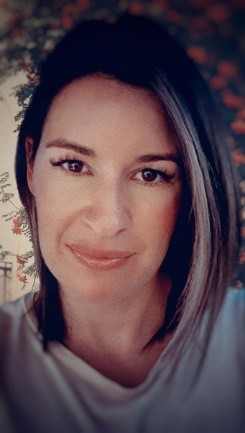
Jenn Gallop, Nurse Practitioner, The Garden Family Medical Centre
Jenn is a highly experienced Neonatal Nurse with over 20 years of service in Western Australia's state-level tertiary centre, caring for
some of the youngest and sickest babies in the state. She has transported hundreds of critically ill newborns with NETS WA and the Royal
Flying Doctor Service, covering metropolitan, regional, remote, and even interstate areas. Jenn has shared her expertise by teaching
newborn life support skills to nurses and doctors across WA. Driven by a desire to innovate and elevate neonatal care, Jenn joined a
pioneering team to introduce the Neonatal Nurse Practitioner model of care in WA. She successfully completed her training and gained
endorsement in July 2024.
Nurse Practitioner – Transition to Practice
Integrating neonatal nurse practitioners (NNPs) into the operational framework of a neonatal intensive care unit (NICU) in Western Australia
is a multifaceted process. The role offers opportunities to enhance patient care, improve outcomes, and optimize the use of resources in a
neonatal setting.
